I want to extract bigrams from sentences, using the regex described here and store the output to a new column which references the original.
library(dplyr)
library(stringr)
library(splitstackshape)
df <- data.frame(a =c("apple orange plum"))
# Single Words - Successful
df %>%
# Base R
mutate(b = sapply(regmatches(a,gregexpr("\\w+\\b", a, perl = TRUE)),
paste, collapse=";")) %>%
# Duplicate with Stringr
mutate(c = sapply(str_extract_all(a,"\\w+\\b"),paste, collapse=";")) %>%
cSplit(., c(2,3), sep = ";", direction = "long")
Initially, I thought the problem seemed to be with the regex engine but neither stringr::str_extract_all (ICU) nor base::regmatches (PCRE) works.
# Bigrams - Fails
df %>%
# Base R
mutate(b = sapply(regmatches(a,gregexpr("(?=(\\b\\w+\\s+\\w+))", a, perl = TRUE)),
paste, collapse=";")) %>%
# Duplicate with Stringr
mutate(c = sapply(str_extract_all(a,"(?=(\\b\\w+\\s+\\w+))"),paste, collapse=";")) %>%
cSplit(., c(2,3), sep = ";", direction = "long")
As a result, I'm guessing the problem is probably to do with using a zero-width lookahead around a capturing group. Is there any valid regex in R which will allows these bigrams be extracted?
